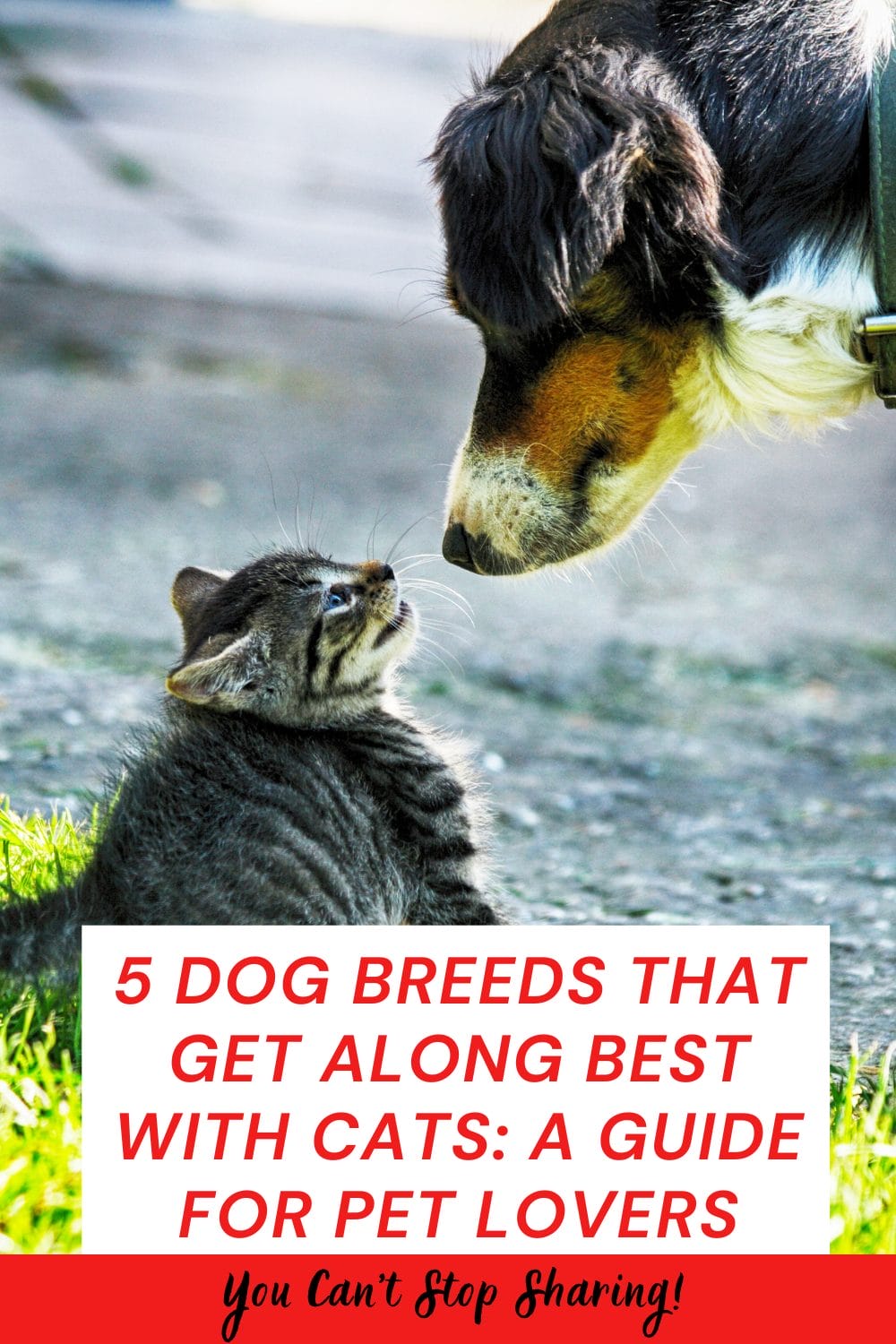
For many pet lovers, the idea of having both a dog and a cat under the same roof is the ultimate dream.
However, not all dog breeds are naturally inclined to get along with their feline counterparts.
While some dogs have a strong prey drive that makes cohabiting with cats challenging, others are naturally gentle, social, and accepting of other animals.
If you’re a multi-pet household enthusiast, choosing the right dog breed is crucial for a peaceful and loving environment.
In this guide, we’ll explore five dog breeds that get along best with cats and provide essential tips for fostering a great relationship between your furry companions.
The Significance of Choosing the Right Dog Breed
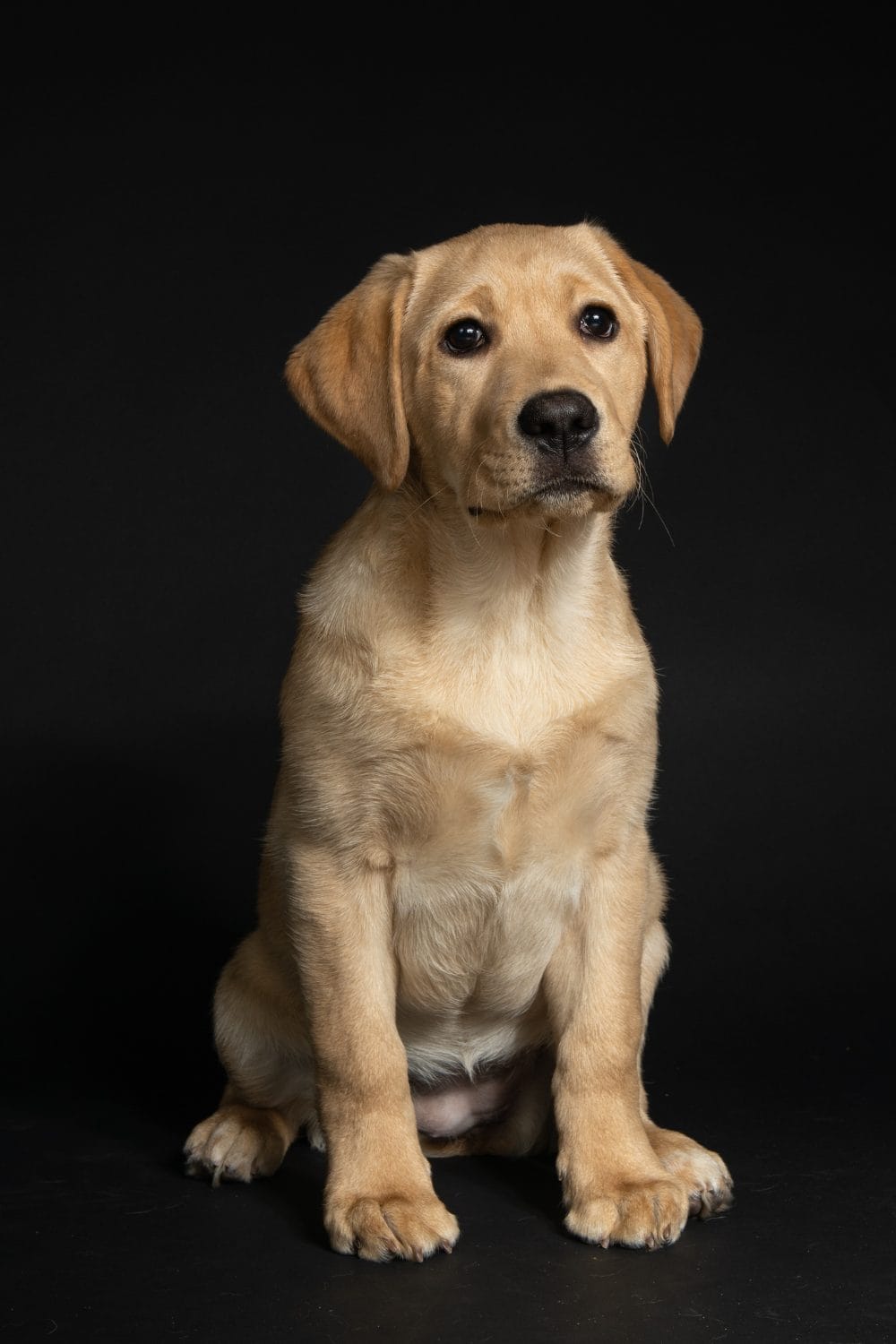
Picking the right dog breed is essential when introducing a canine into a cat-friendly home.
While training and socialization play a major role in ensuring harmony, genetics also influence a dog’s temperament and behavior.
Choosing a breed with a low prey drive, calm demeanor, and social adaptability increases the chances of peaceful coexistence.
Understanding the nature of certain dog breeds can help you make an informed decision when adding a new pet to your household.
5 Dog Breeds That Get Along Best with Cats
Golden Retriever
Golden Retrievers are one of the friendliest and most gentle dog breeds, making them excellent companions for cats.
Their calm nature, intelligence, and affectionate personality make them highly adaptable to multi-pet households.
These dogs are known for their patience and ability to form strong bonds with other animals, including felines.
With proper socialization, a Golden Retriever can quickly become a cat’s best friend.
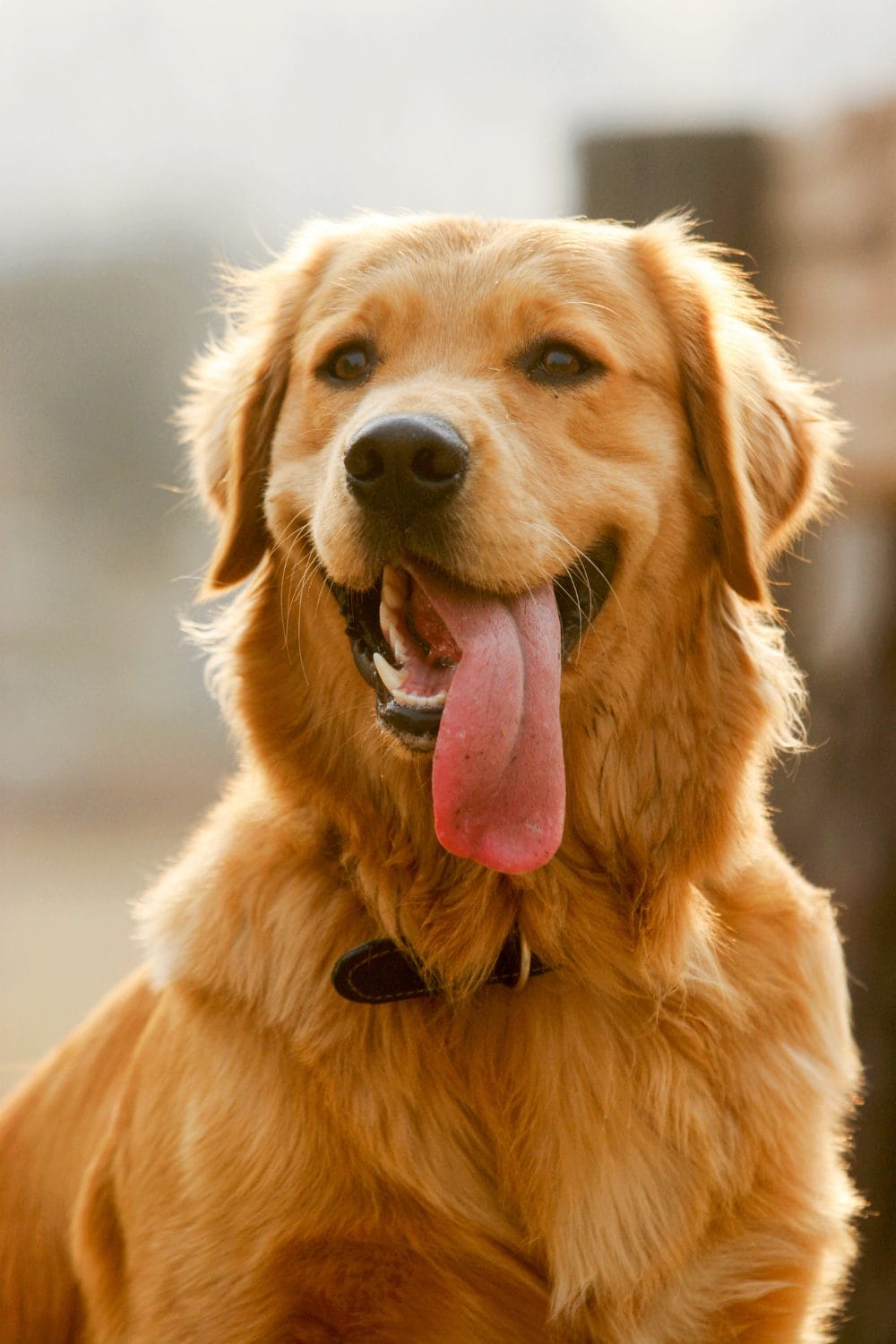
Labrador Retriever
Similar to Golden Retrievers, Labrador Retrievers have a friendly and outgoing personality. They are intelligent, trainable, and generally tolerant of cats.
Labradors are social animals that enjoy companionship and are unlikely to exhibit aggressive or territorial behavior towards other pets.
Their affectionate nature ensures that they will treat a cat as part of their pack rather than a rival.
Cavalier King Charles Spaniel
The Cavalier King Charles Spaniel is a small breed known for its gentle and affectionate personality.
These dogs thrive on companionship and are highly adaptable to different environments, including homes with cats.
Due to their small size and calm nature, they are less likely to intimidate or chase a cat, making them an excellent choice for feline-friendly households.
Basset Hound
Basset Hounds have a relaxed, easygoing temperament, which makes them well-suited for living with cats.
Unlike other hound breeds, Basset Hounds have a lower prey drive, reducing the risk of chasing or aggressive behavior toward feline companions.
Their friendly disposition and loyalty make them a wonderful choice for multi-pet families.
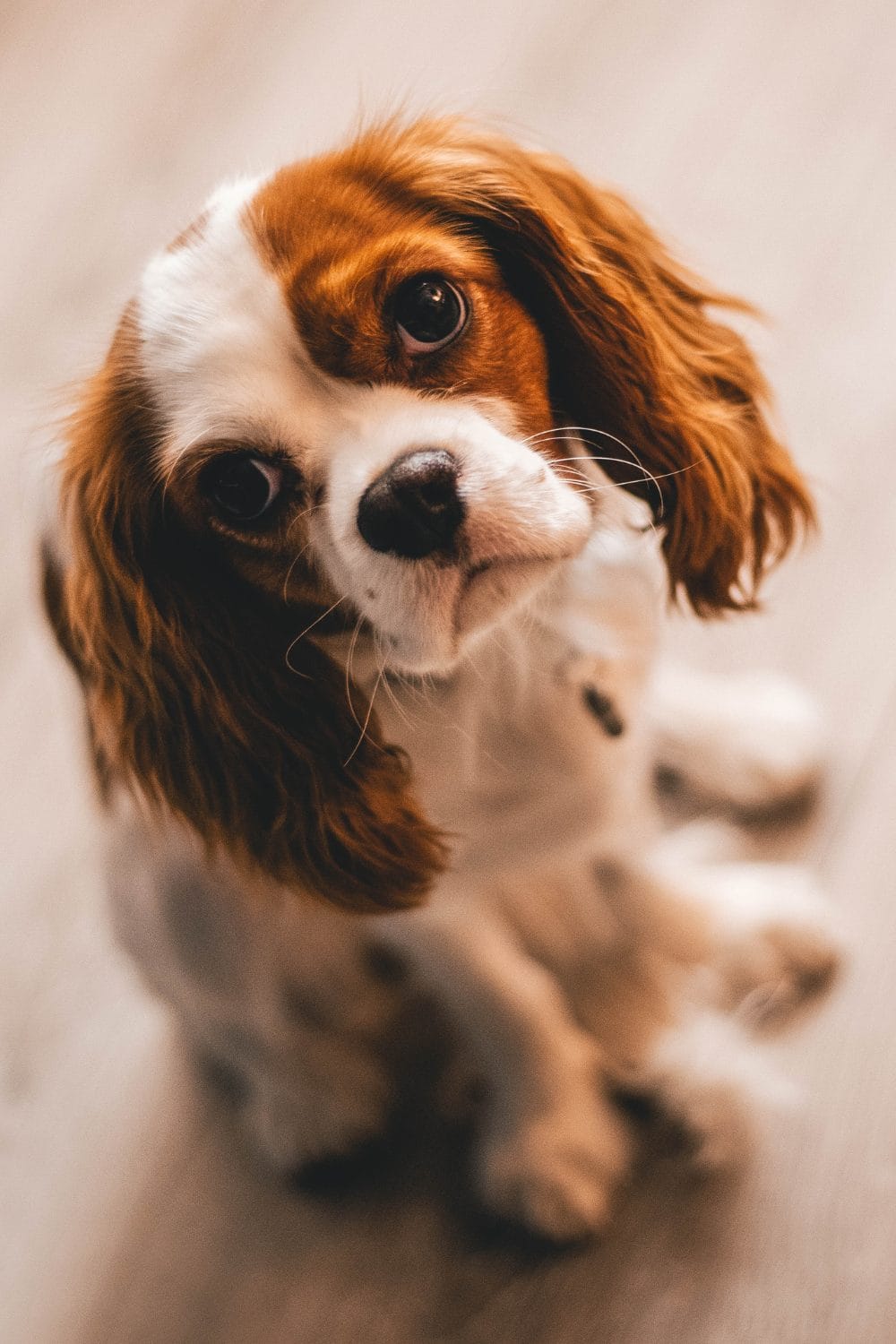
Beagle
Beagles are social, playful, and highly adaptable dogs that tend to get along well with cats.
While they have a strong hunting instinct, their friendly nature often overcomes any aggressive tendencies.
When properly introduced and socialized, Beagles can form strong bonds with cats and enjoy playing and relaxing together.
What Dog Breeds to Avoid?
While training and early exposure can influence a dog’s behavior, some breeds naturally have a higher prey drive or a dominant personality that may make coexisting with cats difficult.
Here are a few dog breeds that might not be the best choice for a home with cats:
- Siberian Husky – Known for their strong prey drive, Huskies may see cats as chase targets rather than companions.
- Jack Russell Terrier – This breed has a high energy level and a strong instinct to chase small animals.
- Alaskan Malamute – Similar to Huskies, Malamutes have a high prey drive and may not be the best choice for homes with cats.
- Doberman Pinscher – While trainable, Dobermans can be territorial and may exhibit dominant behavior toward cats.
- Greyhound – As a sighthound, Greyhounds have an innate instinct to chase moving objects, including cats.
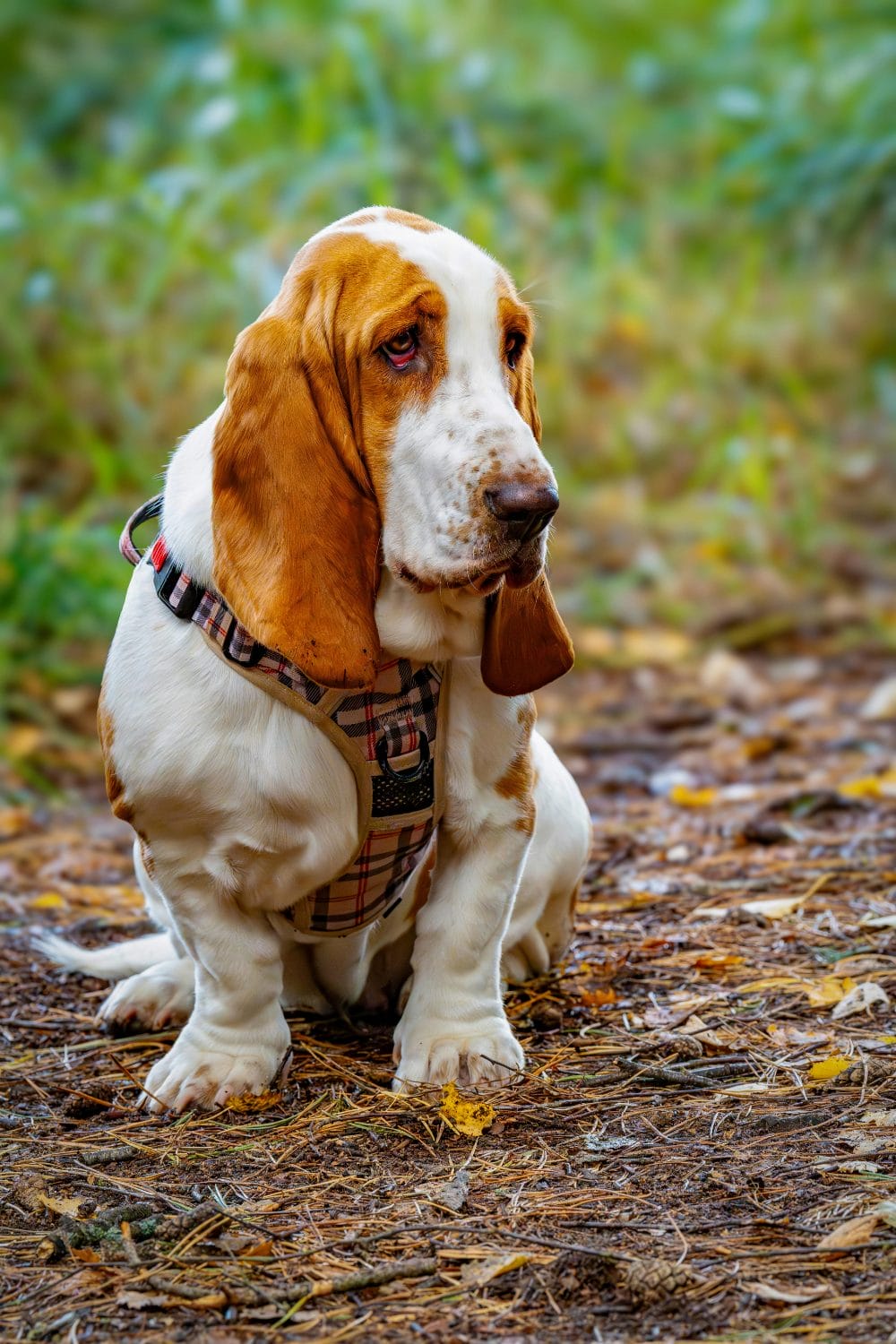
Tips to Build Friendship Between Dogs and Cats
- Slow and Controlled Introduction – Introduce your pets gradually, keeping the dog on a leash and allowing the cat to observe from a safe distance.
- Create Separate Spaces – Provide designated areas for both pets to retreat to when they need privacy or relaxation.
- Use Positive Reinforcement – Reward calm and friendly behavior with treats and praise to encourage positive interactions.
- Supervise Early Interactions – Always monitor their initial encounters to prevent any negative experiences.
- Train Your Dog to Stay Calm – Teach basic commands like “leave it” and “stay” to help manage their behavior around the cat.
- Allow Time for Adjustment – Be patient and let both animals establish their comfort zones at their own pace.
Conclusion
While dogs and cats are often seen as natural adversaries, the right dog breed, proper socialization, and gradual introductions can create a harmonious relationship between them.
Golden Retrievers, Labrador Retrievers, Cavalier King Charles Spaniels, Basset Hounds, and Beagles are among the best dog breeds for coexisting peacefully with cats.
However, it is crucial to consider individual personalities, early training, and ongoing supervision to ensure a smooth transition.
With patience and the right approach, dogs and cats can become the best of friends.

FAQs
While any dog has the potential to get along with a cat, certain breeds with a low prey drive and gentle temperament are more naturally suited for feline companionship. Proper training and gradual introductions also play a significant role.
Start by keeping them in separate spaces and gradually introduce them with controlled interactions. Use positive reinforcement, supervise their meetings, and allow them time to adjust to each other.
If your dog persistently chases your cat, redirect their attention with training commands, use positive reinforcement for calm behavior, and ensure the cat has high perches or safe spaces to retreat to.
Yes, puppies are generally more adaptable and can be socialized to accept cats more easily than adult dogs with established behaviors.
While some pets may enjoy sharing sleeping spaces, it’s best to provide separate areas initially. Over time, if they develop a strong bond, they may choose to sleep together on their own.
- Dogs Pooping Blood: A 2026 Guide for Concerned Pet Parents - February 23, 2026
- How to Celebrate a Dog’s First Birthday on a Budget: 2026 Guide - February 18, 2026
- Best Shampoo for Sensitive Skin Dog Grooming: 2026 Guide - February 12, 2026


GIPHY App Key not set. Please check settings